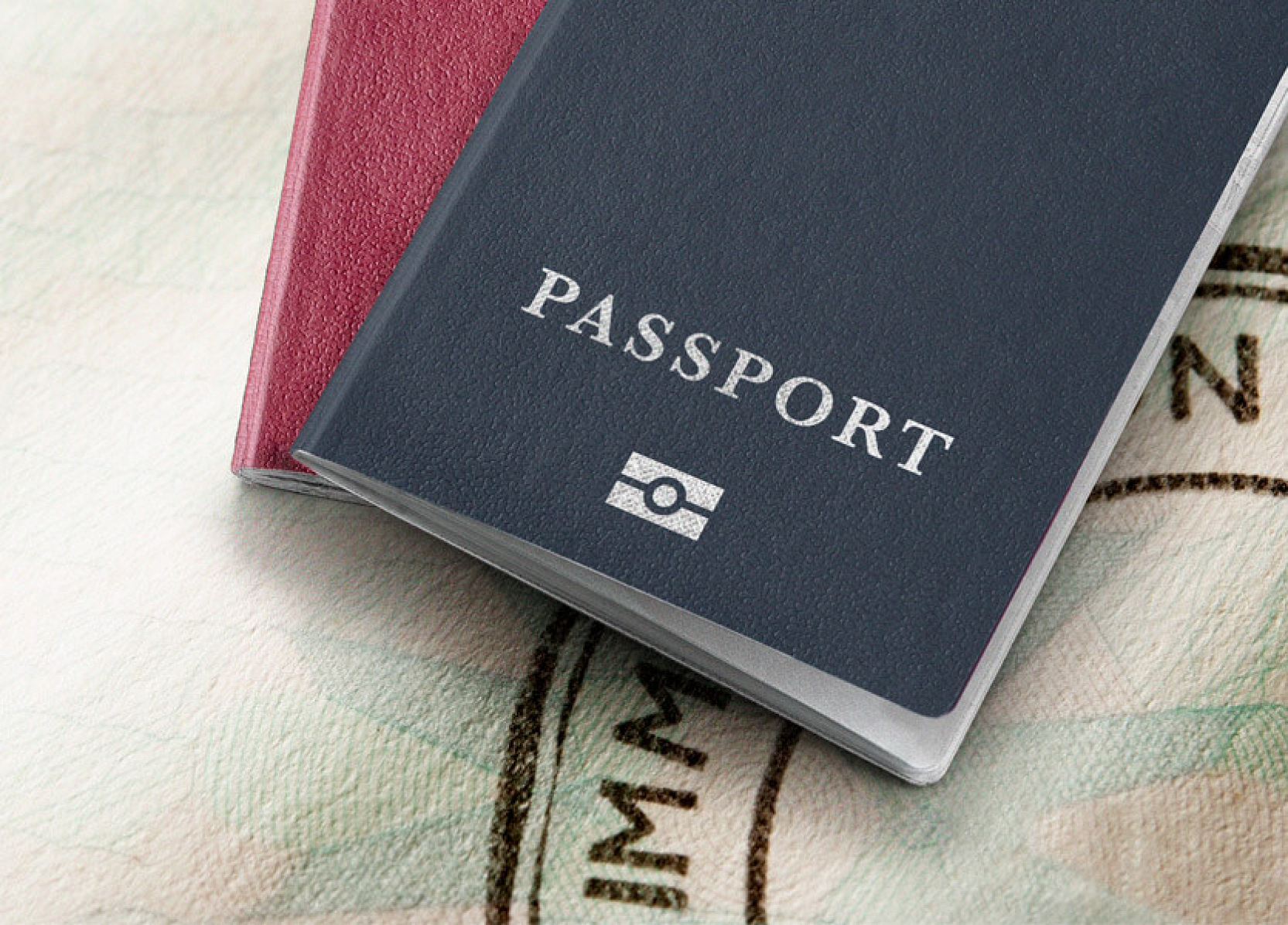
Become a Global Citizen
Citizenship-by-investment programs offer you the opportunity to legally acquire a new citizenship quickly and simply, without onerous typical visa and passport application processes.
Head Office
Citizenship-by-investment programs offer you the opportunity to legally acquire a new citizenship quickly and simply, without onerous typical visa and passport application processes.

Dual citizenship is the result of the interaction of the laws of two countries. People can become dual citizens automatically (normally by birth or marriage), or after successfully applying for the citizenship of another country.
When it comes to dual or multiple citizenship, the world is divided: there are countries whose laws allow their own citizens to acquire another citizenship without losing their present one. In contrast, other countries do not allow the acquisition or holding of another citizenship and the acquisition of another citizenship may lead to the loss of the present citizenship.
Therefore, the acquisition of a second citizenship is only legally possible for citizens of those countries which allow dual citizenship.
The following is an overview of citizenship laws in selected countries with regard to dual citizenship. The information is based on TopNation Consulting' interpretation of citizenship legislation in the relevant countries.
| Albania | Dominica | Iraq | Mexico | Spain* |
| Armenia | Ecuador | Ireland | Moldova* | Sri Lanka |
| Austria* | Egypt* | Israel | Montenegro | St. Kitts and Nevis |
| Australia | El Salvador | Italy | New Zealand | Sweden |
| Bangladesh | Fiji | Jordan | Pakistan* | Switzerland |
| Belgium | Finland | Kenya | Peru | Syria |
| Brazil | France | Kosovo | Philippines | Thailand |
| Bulgaria* | Germany* | Latvia | Poland | Turkey |
| Canada | Georgia* | Lebanon | Portugal | United Kingdom |
| Chile | Greece | Lithuania* | Romania | United States of America |
| Colombia | Grenada | Luxembourg* | Russia | Vietnam |
| Cyprus | Hungary | Macedonia | Serbia | Western Samoa |
| Denmark | Iceland | Malta | Slovenia* |
*Under certain circumstances

Have one of our qualified advisors contact you today.